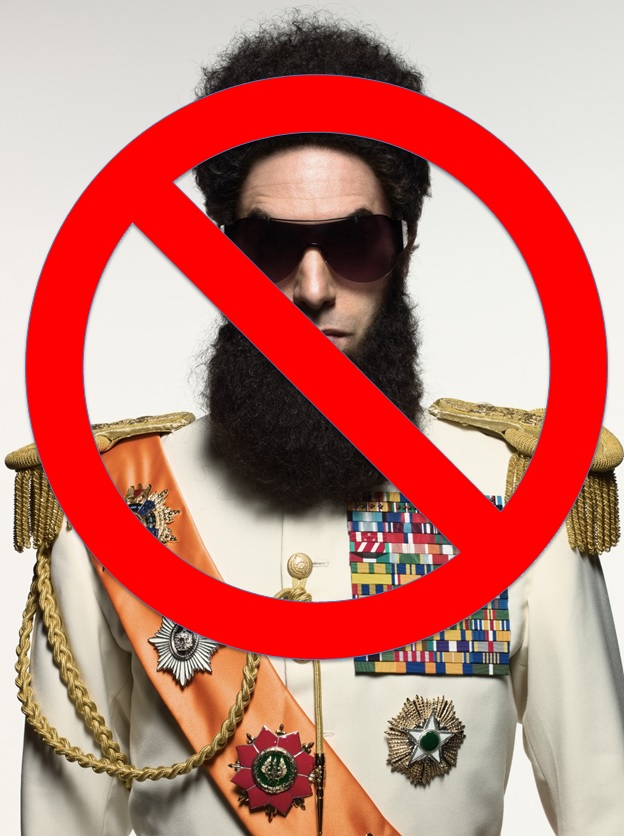
Dictators are typically unpopular and short-lived.
It is little wonder. People are by nature free agents, and resist being controlled. In a market economy, micromanaging employees – to be their dictator – causes the smart ones to leave and those that remain to cower and cease being creative. In business, controlling employees is an oxymoron. In fact, management guru Peter Drucker once said, “What all companies want are employees who are mentally challenged, but yet creative.” People are not computers, the perfect idiots that do exactly what they are told even when their instructions are stupid, and that do nothing creative, dynamic or profitable on their own.
All CEOs and most leaders might like having absolute control over events and employees. To an organized mind, being able to set the agenda and all the actions seems appealing. But good leaders know that they don’t know everything, and would never have the bandwidth or functional creativity to make every decision and direct every action. Being a dictator makes it less likely that the desired goals will ever be achieved. This is the defect of planned economies – the only things that get done are the limited things a limited number of minds think should be done.
The goal then becomes maintaining the least amount of control possible while steering employees toward the corporate mission or the entrepreneur’s vision. This requires maintaining some control without being controlling. A good place to start is to understand what control really means.
My wife and I have recently hired a decorator to remodel our home. This decorator was overly concerned about doing the right thing, because she constantly asked us how we wanted to do one thing or another. We sat down with the decorator for a little heart-to-heart chat. We explained what we expected her to do in her role. We told the decorator that we wanted to be fully engaged in the process, but we did not want to tell her what to do and when to do it. Instead, we explained, we preferred for her to tell us what she intended to do and when she intended to do it, and that we would confirm whether we thought that would be agreeable to us. This gave the decorator leeway to do what she thought was best, to use her creative mind and expertise to design.
This same process holds true for leaders in any organization. The CEO is the decision maker, but not the one guiding the decision thinking. For 37 years I ran Micrel, the semiconductor company I founded, and we would have never invented the hundreds of unique products we did had I manhandled the creative process of engineers, designers and marketers. A good leader looks for alternatives and options, solicits input, encourages creativity, then selects the best options presented. He or she does not tell individuals or the team what to do.
Three factors allow leaders to control destiny without controlling people:
GOALS: Nobody knows how to complete a project unless they have an idea of the outcome. In a corporation, and even in startups, there has to be a clear vision and an obtainable mission, well communicated and thoroughly understood by everyone. If the company or group has a goal as to what they want accomplished and when they want it accomplished, there’s no need to tell the group or individual how to complete the task. Ensuring alignment before projects begin, documenting expected outcomes and keeping everyone focused on the goal allows them to devise the best paths.
RESPECT: Respect is a vastly important ingredient for leadership. Respected leaders – be they captains of industry, symphony conductors or even moms and dads – create harmony because everyone trusts their guidance. And as the conductor will confirm, group harmony creates beautiful music. So too does team harmony create better products, superior customer support or even better advertising.
HUMILITY: Dictators have little humility, because their approach to control doesn’t require it. But real leaders, people who are not dictators, do best when they are authentically humble. Humility creates the environment where the creative geniuses in your sundry departments give advice, suggestions and feedback. Humble leaders listen, knowing that they cannot know and control everything. This simple, humble gesture gives confidence in the value of employee contributions.
Leaders lead. They don’t push. Leading uniquely involves channeling a human desire to contribute. It is through leading that great nations and enduring companies are built, and that dictators are tossed onto history’s ash heaps.
